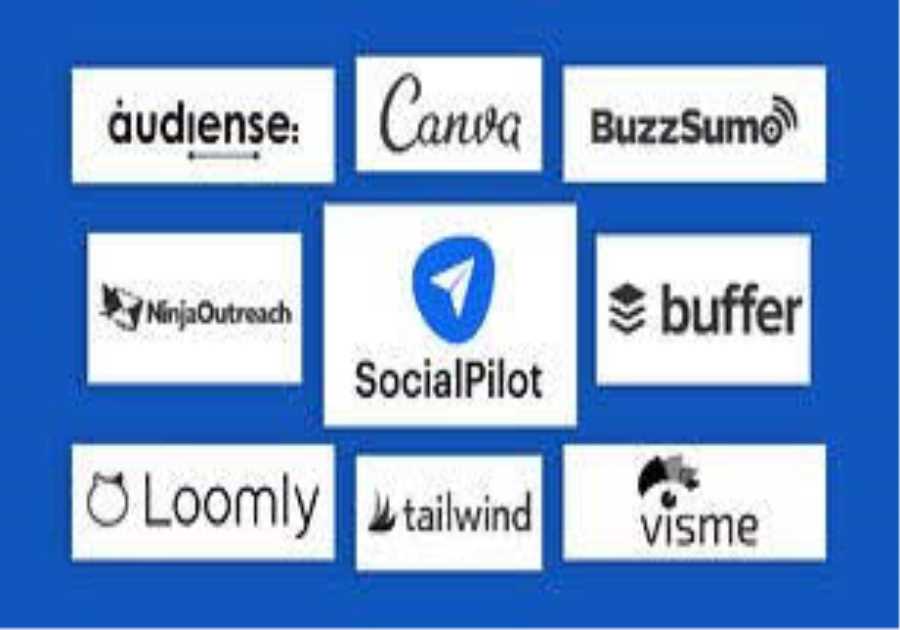
In today’s digital age, content marketing has become an essential tool for businesses looking to connect with their audience and drive growth. Content marketing is a strategic approach to creating and sharing valuable content to attract and retain a defined audience, ultimately leading to profitable customer action. However, creating and implementing a successful content marketing strategy can be a daunting task. In this article, we’ll walk you through the steps of creating a successful content marketing strategy for your business.
Visit this website: read more
Define Your Target AudienceBefore creating any content, it’s essential to identify your target audience. Who are you creating content for? What are their needs and challenges? What are their interests and preferences? Answering these questions will help you create content that resonates with your target audience and drives engagement. You can use tools like Google Analytics, social media analytics, and surveys to gather data on your audience and refine your target audience persona.
Set Your Content GoalsOnce you have defined your target audience, it’s time to set your content marketing goals. What do you want to achieve with your content? Do you want to drive website traffic, generate leads, increase social media followers, or boost brand awareness? Setting clear and measurable goals will help you track your progress and evaluate the success of your content marketing strategy.
Determine Your Content TypesThere are various types of content you can create to engage with your audience, including blog posts, infographics, videos, podcasts, e-books, case studies, and more. Determine which content types are best suited to your target audience and your business goals. For example, if you want to drive website traffic, blog posts and SEO-optimized content may be more effective, while if you want to increase social media followers, visual content like videos and infographics may be more effective.
Create a Content CalendarOnce you have identified your target audience, set your content goals, and determined your content types, it’s time to create a content calendar. A content calendar is a schedule that outlines when and what type of content you will publish. It’s essential to have a consistent content schedule to build trust and engagement with your audience. You can use tools like Google Calendar, Trello, or Asana to create and manage your content calendar.
Optimize Your Content for SEOSearch engine optimization (SEO) is the process of optimizing your content to rank higher in search engine results pages (SERPs). Optimizing your content for SEO can drive more organic traffic to your website and increase your visibility. Some key SEO best practices include using relevant keywords in your content, creating high-quality content that provides value to your audience, optimizing your meta tags and descriptions, and using internal and external links to increase credibility.
Promote Your ContentCreating great content is only half the battle; you also need to promote it to reach your audience. Promoting your content can involve sharing it on social media, email marketing, influencer outreach, paid advertising, and more. Identify the channels that are most effective for your target audience and your business goals and develop a promotion plan to get your content in front of your audience.
More details: The Importance of Branding for Your Business’s Success
Measure Your ResultsFinally, it’s essential to measure the results of your content marketing strategy to evaluate its success and make any necessary adjustments. Use tools like Google Analytics, social media analytics, and email marketing analytics to track your website traffic, engagement, leads, and conversions. Use this data to refine your strategy and make informed decisions about your content marketing efforts.
In conclusion, creating a successful content marketing strategy requires careful planning, a deep understanding of your audience, and a commitment to ongoing measurement and optimization. By following the steps outlined in this article, you can create a content marketing strategy that resonates with your audience, drives engagement, and helps you achieve your business goals.
The post How to Create a Successful Content Marketing Strategy for Your Business appeared first on Social Media Explorer.






